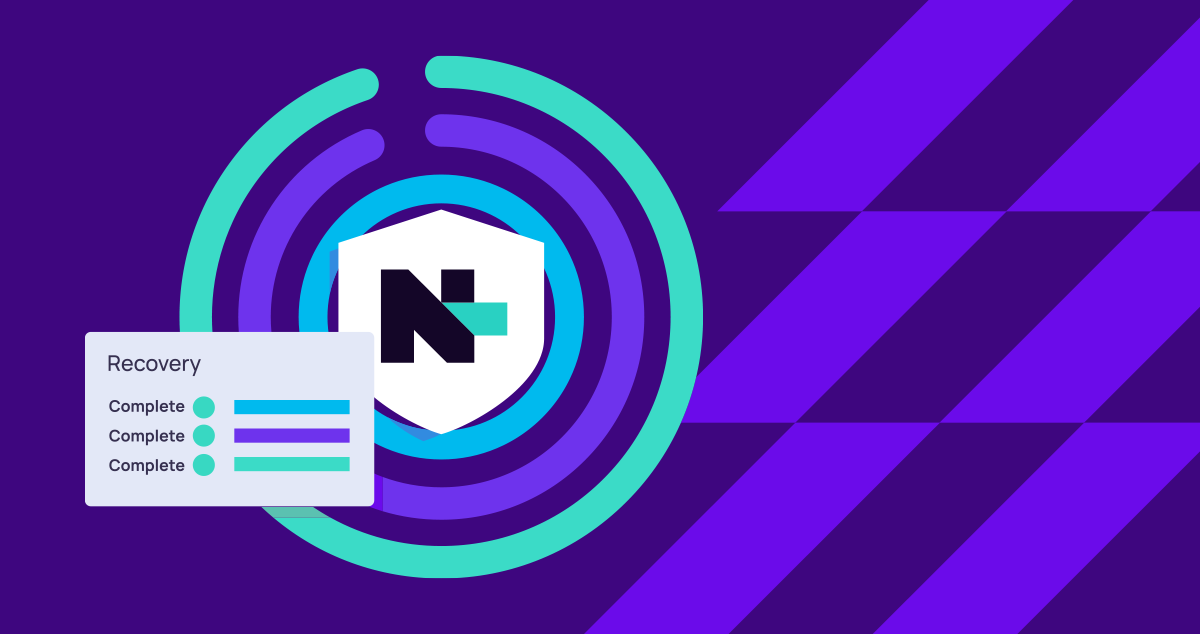Proxy Server Overview and Definition
A proxy server acts as a middleman between a client’s computer and the internet. Rather than sending requests directly to the web, your computer’s traffic first flows through the proxy server. The proxy then forwards the request to its destination and returns the resulting data back to your browser or application. Its role goes beyond mere data relay—proxy servers can mask IP addresses, filter content, optimize performance, and provide additional security measures.
Essentially, a proxy server acts as a bridge between users and the internet, providing data protection and managing how users interact with online resources.
How Proxy Servers Work
When your device sends a request for a web page, this request doesn’t go directly to the web server. Instead, it first travels through the proxy. Once the proxy receives the request, it does a few key things:
- Evaluates and processes the request, often filtering or transforming data based on predetermined rules.
- Forwards the request to the web server on your behalf while masking your actual IP address.
- Retrieves the response from the web server and returns it to your browser or device as though it originated directly from the proxy, not the original web server.
By routing traffic through its own IP address, the proxy server ensures your device’s IP address remains hidden, adding a valuable layer of privacy. Additionally, proxies can cache frequently requested data, reducing resource load and improving browsing speed.
Types of Proxy Servers
There are many types of proxy servers, each designed for specific use cases. Here’s a breakdown of the most common types and how they work:
Forward Proxy Servers
Forward proxies are the most commonly used type of proxy server. They act as an intermediary between users within an internal network and the internet, processing outgoing data requests on behalf of users. These proxies are often used to enforce network security policies, filter internet access, or cache data to improve speed.
Transparent Proxy Servers
Transparent proxies operate in the background without users even realizing they’re there. These proxies are typically used for content filtering, monitoring usage, or caching data. Since they don’t require user configuration, they seamlessly integrate into networks to perform tasks like restricting access to certain websites.
Anonymous Proxy Servers
Anonymous proxies are designed to hide the user’s IP address while informing external servers that they’re using a proxy. These are commonly used for privacy and security purposes, as they protect user identities during online activities.
High Anonymity Proxies
For even greater privacy, high anonymity proxies (also known as elite proxies) take anonymity a step further by completely masking the fact that a proxy is being used. They rotate IP addresses frequently, making it difficult to track user activity, which is especially useful for tasks requiring enhanced security.
Reverse Proxy Servers
Reverse proxies work differently from forward proxies. Instead of protecting users, they protect web servers by acting as a gateway between users and the servers. Reverse proxies improve server performance by balancing traffic loads, filtering requests, and shielding backend infrastructure from direct user access. This added layer of security protects servers from threats like DDoS attacks.
By understanding the unique functions of each type of proxy server, IT professionals and managed service providers (MSPs) can implement the right solutions to meet specific needs.
Why Use Proxy Servers?
Organizations and individual users employ proxy servers for a variety of reasons. For businesses, proxies offer centralized control over internet usage. They allow administrators to block access to non-work-related or harmful websites, safeguarding productivity and reducing exposure to malicious content.
Proxies also contribute to cost savings by caching frequently accessed data, reducing bandwidth usage and speeding up load times. Their ability to encrypt data and prevent online tracking makes them particularly valuable for businesses handling sensitive customer information or operating in privacy-conscious industries such as finance and healthcare.
For individual users, proxies offer enhanced privacy, secure browsing, and the option to bypass geographic restrictions on content. This flexibility makes proxies critical in today’s interconnected and increasingly regulated global environment.
Adlumin MDR: Advanced 24/7 managed security
Proxy vs. VPN: Key Differences
When considering tools to enhance security and privacy for your clients, proxies and VPNs often come up, but they serve different purposes. A proxy acts as a middleman between a user and the internet, masking the user’s IP address for anonymity. While this offers some privacy, proxies generally do not encrypt data, which leaves connections vulnerable to interception.
VPNs, on the other hand, build a secured, encrypted tunnel for all network traffic. This ensures not only anonymity by disguising IP addresses but also comprehensive protection through data encryption. VPNs are particularly valuable for protecting sensitive information in environments like public Wi-Fi, making them an essential tool for IT professionals looking to provide robust security solutions.
Ultimately, choosing between a proxy and a VPN depends on the specific needs of your organization or clients. Proxies work best when focused on bypassing content restrictions or managing light traffic, whereas VPNs are the preferred choice for secure, enterprise-grade communication. For further guidance, N‑able provides an end-to-end cybersecurity platform to match your security requirements effectively.
Advantages and Disadvantages
While proxy servers offer significant benefits, they also come with potential trade-offs, especially depending on the type of proxy and its configuration.
Some key advantages include the enhanced security they provide by acting as a barrier between a user’s device and the internet. They also improve performance through caching and reduce the likelihood of IP-targeted attacks. For organizations, proxies enable centralized internet governance, making it easier to control what employees access online.
However, proxies aren’t without drawbacks. Free or poorly configured proxies may compromise security, as they could log sensitive information or fail to encrypt traffic. Public proxies often lack reliability and speed, making them unsuitable for enterprise use. MSPs and IT teams should ensure they choose or set up proxies that strike a balance between usability, speed, and security.
Relevance to IT Teams and MSPs
For IT professionals and managed service providers, proxy servers are critical tools not just for governing network traffic but also for enhancing client infrastructure. They can provide greater control over employee or user internet access, which improves compliance and security across managed networks.
MSPs frequently deploy proxies to address content filtering, optimize performance, and ensure data security for their clients. For larger enterprises, reverse proxies are often integrated with additional security measures like firewalls, preventing malicious actors from exploiting vulnerabilities in critical infrastructure.
If your team assists clients with network management, offering proxy configuration and management as part of your service portfolio demonstrates an understanding of modern cybersecurity challenges. By including proxy solutions in your offerings, you give clients control over their online environment while safeguarding against threats and inefficiencies.
Make the Most of Proxy Servers
Proxy servers might seem like simple tools, but their ability to enhance security, privacy, and control makes them indispensable for businesses and end users alike. From effectively governing user access to streamlining information retrieval, proxies play an essential role in maintaining a secure and efficient IT ecosystem.
If you’re an IT professional or MSP seeking to elevate your network offerings, proxies provide a flexible, scalable solution to meet evolving business needs. Choose the right type of proxy server for each use case, and implement it carefully to maximize its potential while mitigating risk.




